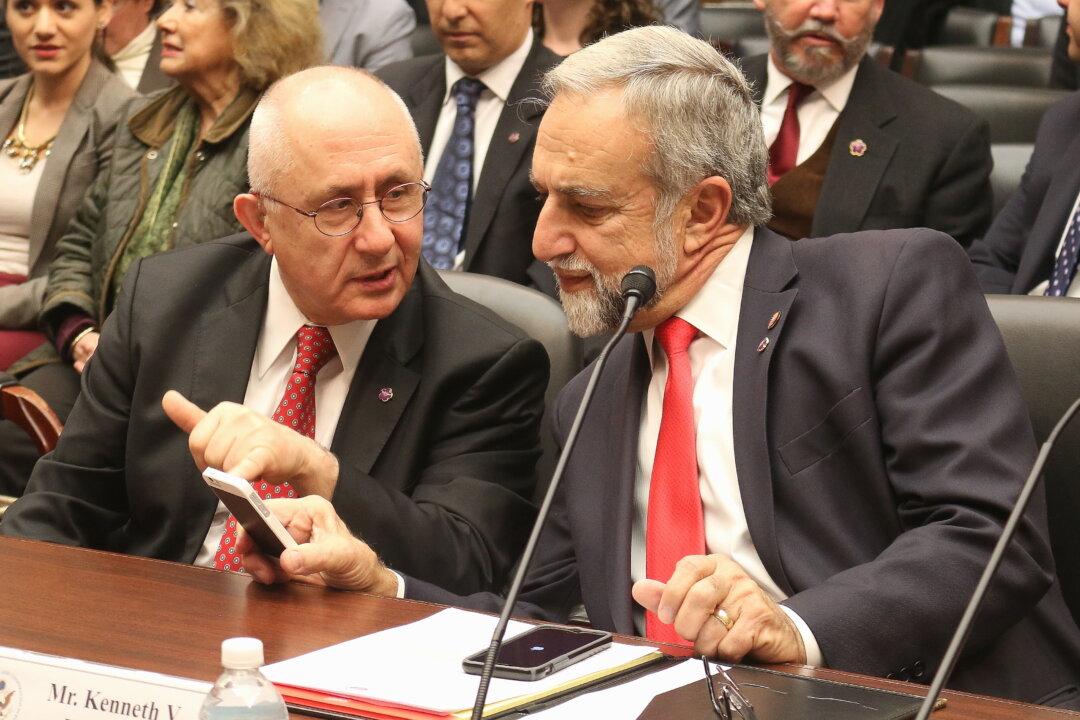WASHINGTON—April 24, 2015 marked the centenary of the beginning of the tragedy that resulted in the deaths of one and a half million Armenian people of the Ottoman Empire.
Driven from their homes and land in 1915, they were worked to death, deported, massacred, or left to wander suffering hunger, thirst, and exposure. When Raphael Lemkin invented the word, “genocide” in 1944, he said he had in mind what “Hitler did to the Jews and the Turks did to the Armenians.”
Despite the consensus of historians of the nature of the atrocities from 1915-1923, and the abundance of photographic evidence, government documents, and eye witness accounts, the government of Turkey has waged a campaign denying the genocide, and Turkey’s penal code today punishes those who say otherwise.
On April 12, Pope Francis characterized the Armenian Genocide as “the first genocide of the 20th century.” The pontiff said, “Concealing or denying evil is like allowing a wound to keep bleeding without bandaging it.”
Turkey responded by denouncing the Pope’s statement and recalling its ambassador to the Vatican.
Following Pope Francis statement, seven editorial boards: the Chicago Tribune, Denver Post, Los Angeles Times, New York Daily News, Toronto Star, New York Times, and the Jerusalem Post called for U.S. and international recognition of the Pope’s reference to the 20th century’s first genocide, said Taniel Koushakjian, communications director of the Armenian Assembly of America, at the National Press Club, April 22
In 1915 and years following, American media played a significant role in publicizing the massacres, torture, and expulsions of the Armenian population. The mainstream newspapers The New York Times, Washington Post, and the Boston Globe provided reports of the atrocities and efforts to save survivors, and covered the first international philanthropic campaign of the American people to provide aid, Koushakjian said.




